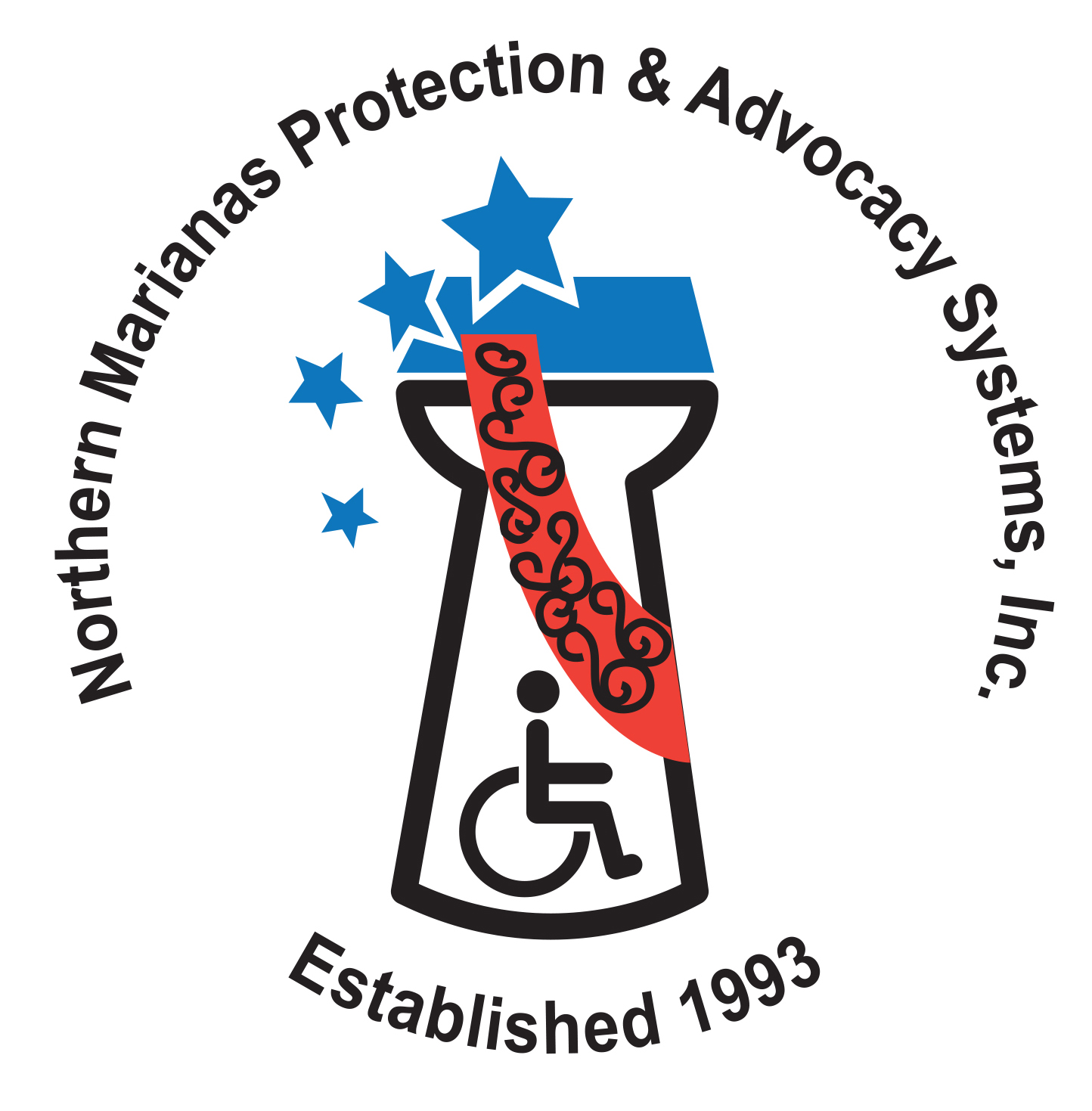“Mama always said: Life was like a box of chocolates. You never know what you’re gonna get.”—Forest Gump
If you haven’t seen the movie, you should. As for those of us who have seen it, we know that Forrest Gump, the main character in the movie, was a person with a cognitive and physical disability who had a dream to run.
And while running can be quite an easy task for some, it was not the case for Forest Gump initially—it took him some time due to a physical disability. More specifically, Forest was born with a crooked spine that required him to use leg braces to correct is posture and to help him walk. The braces are also known to us as Assistive Technology (AT). One day while he was walking from school, he came across a bunch of bullies that taunted and started throwing rocks at him, and he was forced to run for his life. In doing so he literally broke free from the braces.
Of course that is the Hollywood version of a person with a disability “breaking free” and becoming more “independent.” In reality, AT can help people with disabilities increase, maintain or improve their abilities and can lead to Independence. As advocates at the Northern Marianas Protection & Advocacy Systems, Inc. (NMPASI), we constantly push our clients to become more independent and to become contributing members of society. For some it can be a challenge because they may not have the financial means to acquire helpful assistive technology —AT can be high tech (like powered wheelchairs, computers and specialized software/apps) or low tech (like leg braces, crutches, and simple hand-held contraptions to assist with eating and/or writing). Some devices can be purchased with Medicaid, Medicare, or private insurance. In addition, agencies such as the Special Education Program for children under their Individualized Education Plans (IEPs) or the Office of Vocational Rehabilitation (OVR) under their Individualized Plans of Employment (IPEs) could help acquire these devices.
Sometimes the “processes” for availing of these programs can take time, but given the need and appropriate follow-through it should happen. Generally, NMPASI can assist with appeals if and when a person with a disability is denied services.
Forest Gump hardly ever knew what he was getting into from day to day, so “for no particular reason, (he) decided to go for a little run. So (he) ran to the end of the road. And when (he) got there, (he) thought maybe (he’d) run to the end of the town. And when (he) got there, (he) thought maybe (he’d) just run across Greenbow County. And (he) figured, since (he’d) run this far, maybe (he’d) just run across the great state of Alabama. And that’s what (he) did. (He) ran clear across Alabama. For no particular reason (he) just kept on goin’. (He) ran clear to the ocean. And when (he) got there, (he) figured, since (he’d) gone this far, (he) might as well turn around and just keep on goin’. When (he) got to another ocean, (he) figured, since (he’d) gone this far, (he) might as well just turn back and keep right on goin’.”
The point is that the best way to know how far a person can go, first he has to try. For people with disabilities, acquiring the right kind of assistive technology can make all the difference. And, like a delicious box of chocolates…life becomes that much sweeter.
For more information on assistive technology, please call NMPASI at 235-7273/4 (voice), 235-7275 (fax) or visit us online www.nmpasi.org
Cleo Nening
Client advocate

